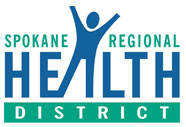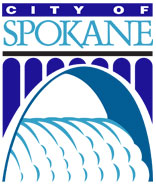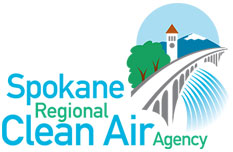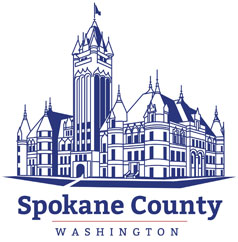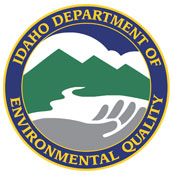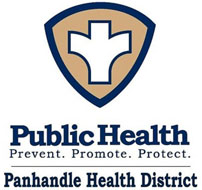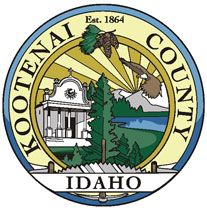Recycle » Food » Food Items
Food Items
Useable food items can be donated to area food banks and food pantries. A food bank is the storehouse for millions of pounds of food and other products that go out to the community and pantries. Food pantries are different than food banks in that they provide food directly to individuals and families in need. Read "General Information" section to learn more.
Compost food waste by placing it in the green bin. Do not place in the curbside recycle bin. If you don't have a green bin, place food waste in the trash or drop it off at a transfer station's Clean Green collection site. Fees apply.
Learn how to compost at home with the Spokane Master Composters/Recyclers.
Food banks are distribution hubs that supply the food to the soup kitchens, food pantries, shelters etc.. They generally do not directly serve individuals in need though will accept donations from individuals, as well as businesses and food drives. A food bank is the storehouse for millions of pounds of food and other products that go out to the community and pantries. However, there is a nominal maintenance charge the food pantry must pay to the food bank to help offset the cost of handling and delivery, and a food bank does not typically provide assistance directly to the public.
Food pantries are different than food banks in that they provide food directly to individuals and families in need. Food pantries can be either permanent locations or mobile distributions. Food pantries are often the only source of free healthy and nutritious food in a neighborhood, and they often provide other critical resources such as nutrition education, health screenings, seasonal food baskets and back to school supplies. A community food pantry’s mission is to directly serve local residents who suffer from hunger and food insecurity within a specified area. Food pantries can supply a steady supply of fresh produce, dairy products, meats and breads, along with a wide range of canned goods.
Food pantries are run by a wide range of organizations. There can be centers located at local charities, churches, other non-profits, and even government affiliated agencies. In addition, other forms of non-financial support may be offered. These tend to be more limited, but can include items such as clothes, personal hygiene items, Christmas and Thanksgiving meals, and diapers. An individual will just need to call the distribution center near them to get the specifics on the food assistance programs administered.
20 Items Food Banks Need the Most (and 3 Things to Skip)
- Applesauce (no glass jars)
- Canned Beans
- Canned Chicken
- Canned Fish (Tuna and Salmon)
- Canned Meat (SPAM and Ham)
- Canned Vegetables
- Cooking Oils (Olive and Canola)
- Crackers
- Dried Herbs and Spices
- Fruit (Canned or Dried, no glass jars)
- Granola Bars
- Instant Mashed Potatoes
- Meals in a Box
- Nuts
- Pasta
- Peanut Butter
- Rice
- Shelf-stable and Powdered Milk
- Soup, Stew and Chili (Canned or packaged, no glass jars)
- Whole Grain Cereal
And three to skip:
- Junk food
- Items with glass or cellophane packaging, which can be broken in transit
- Things that need can openers or special equipment (pop-top cans–whether for veggies, meat or fruit–are a plus)
Visit Spokane County's Solid Waste Food Waste page for ideas on how to keep food from being wasted.


